

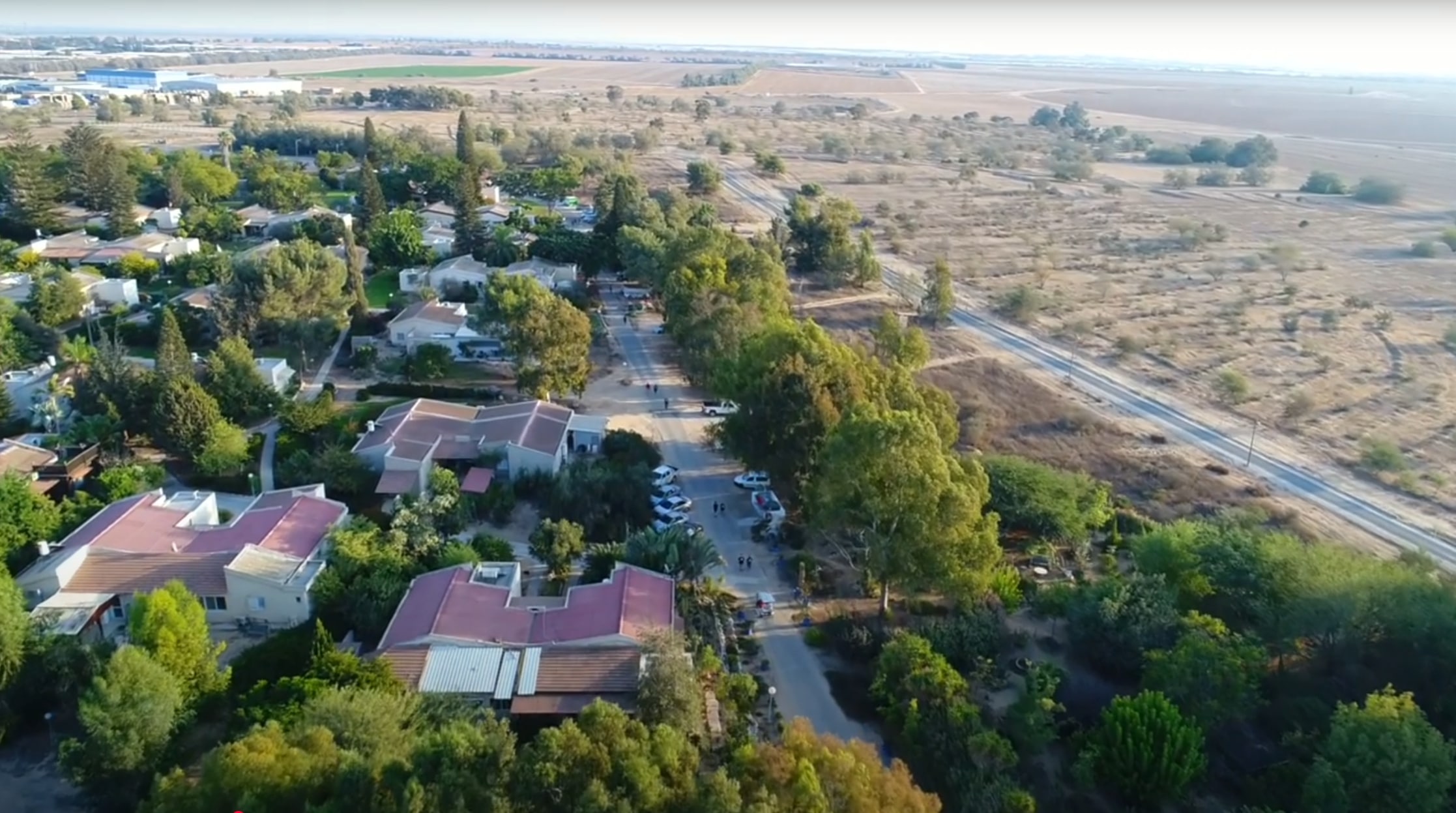
The Israel Defense Forces failed in its mission to defend Kibbutz Magen during Hamas’s October 7, 2023, onslaught, but the bravery of the community’s standby squad and residents ultimately forced the terrorists’ retreat and prevented mass killings, according to an internal military investigations cleared for publication Thursday.
The investigation, led by Col. (res.) Ziv Beit Or and approved by former Southern Command chief Maj. Gen. Yaron Finkelman, is the latest in a series of detailed investigations the IDF has been carrying out into some 40 battles that took place during Hamas’s October 7 attack, when some 5,600 terrorists stormed across the border, massacred some 1,200 people and took 251 hostages to Gaza.
It drew on interviews with residents, standby squad members and security forces, as well as surveillance footage, social media posts, intelligence materials and battlefield reconstructions.
Kibbutz Magen is located some 5 kilometers (3.1 miles) from the border of southern Gaza, opposite Khan Younis. The three-month probe concluded that while dozens of terrorists attacked the kibbutz in successive waves on October 7, quick and courageous action by security coordinator Baruch Cohen, his deputy, the security team and volunteers disrupted Hamas’s plans, preventing kidnappings and a far greater tragedy.
Unlike many other communities in the Gaza border area — some of which had as few as five defenders — Magen’s standby squad numbered 26 members and was considered better prepared and organized. Investigators said this larger, trained force was a key factor in the kibbutz’s survival.
Two residents — Avi Fleisher and Ofir Mordechai Yaron — were killed, while Cohen and another squad member were wounded. Approximately 10 terrorists were killed in the battle.
The assault began at 6:29 a.m. with Hamas’s barrage of thousands of rockets across the western Negev. Under its cover, dozens of terrorists infiltrated by vehicles, motorcycles, paragliders and on foot, quickly overwhelming the area and leaving the Golani Brigade’s 51st Battalion, responsible for defending Magen, badly outnumbered.
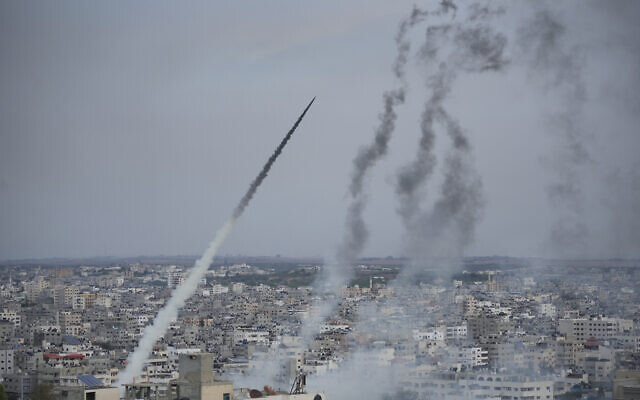
The terrorists in the area of Kibbutz Magen belonged to a Hamas brigade assessed to be more combat-ready than those that stormed other areas, arriving heavily armed in military uniforms and combat boots and using vehicles for rapid movement.
Cohen and standby squad members moved to a nearby hilltop observation point, where they received reports of terrorists infiltrating close to factories north of the kibbutz, killing a guard there. Cohen left the kibbutz to intercept the attackers while his deputy summoned reinforcements.
At 7:30 a.m., some 20-30 terrorists entered the kibbutz on pickup trucks and motorcycles, firing toward the observation point. They breached the fence using two explosives. Many hid in dirt mounds near the breach, west of the hill, while others remained outside the fence, firing inward.
After the terrorists entered the kibbutz, Cohen turned back and drove toward them. He came under heavy fire, was wounded in the leg, and was immobilized at the base of the observation point. Two squad members reached him, bandaged his wound and tried to evacuate him, but terrorists fired an RPG at his vehicle. The two escaped to cover without him.
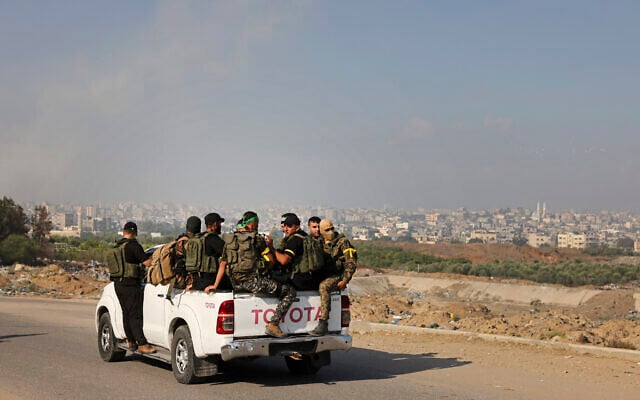
In a later rescue attempt, Fleisher, also a security team member, tried to evacuate Cohen but retreated after being wounded by terrorist fire.
Amid the fighting, another security squad member was injured, and one terrorist was killed, with the security team forcing other gunmen toward the kibbutz greenhouses. Eventually, Cohen was rescued and evacuated to the greenhouses.
At 9 a.m., another wave of 20-30 terrorists on 15-20 motorcycles circled the kibbutz from north and south without entering, firing sporadically at parked vehicles. Shortly after, two doctors from the kibbutz began treating the wounded at the observation point. One wounded person was evacuated to the southern gate.
By 9:50 a.m., Cohen, Fleisher and another squad member were evacuated to the southern gate by a kibbutz resident. They picked up the other wounded man and continued to Kibbutz Revivim, a half-hour’s drive southeast.
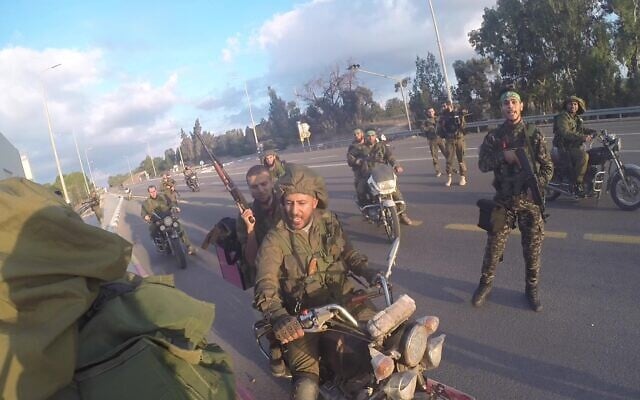
Upon their arrival at Revivim at 10:25 a.m., the three were airlifted via helicopter, but Fleisher succumbed to his wounds. Ofir Mordechai Yaron was killed later that day while on his way to assist in Magen’s defense, the probe said, without offering further details.
Back at Kibbutz Magen, more pickup trucks and motorcycles approached from the direction of Kibbutz Nir Oz, but did not breach Magen’s perimeter.
By 10:40 a.m., Hamas commanders, realizing the attack had been repelled and kidnappings were impossible, ordered a retreat. Terrorists withdrew via the kibbutz fence breach, carrying wounded and dead, while leaving behind two terrorists’ bodies.
Fighting continued until 12 p.m. as terrorists retreated by vehicle back toward Gaza. One pickup and a number of weapons remained in the kibbutz. After that, only sporadic fire occurred outside the kibbutz’s perimeter.
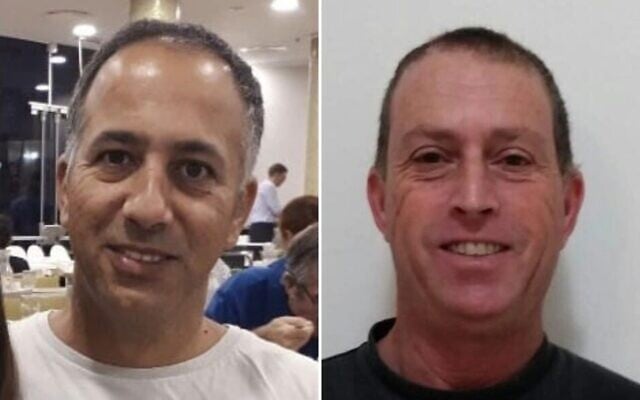
IDF troops began arriving at the kibbutz at 1:30 p.m., including units from the Commando Brigade training school, Maglan commando unit reservists, and, later, a reserve battalion. They conducted searches until 7 p.m. to ensure the kibbutz and its surroundings were clear of terrorists and weapons, and prepared residents for evacuation, which was carried out the following day.
The IDF probe concluded that the army’s delayed response left residents and the standby squad to fight alone for critical hours, and even after troops arrived, locals bore the brunt of the defense. Commanders failed to form a clear operational picture until the afternoon, underscoring serious breakdowns in command and control.
According to the findings, Cohen and his deputy led a determined defense that forced the terrorists to retreat, preventing a massacre. Years of preparation — expanding the standby squad, stockpiling weapons, building defensive positions and training — proved crucial. Residents who volunteered to fight or to provide emergency medical care under fire were praised for their courage, which the IDF acknowledged as the decisive factor in preventing mass casualties and destruction at Magen.

